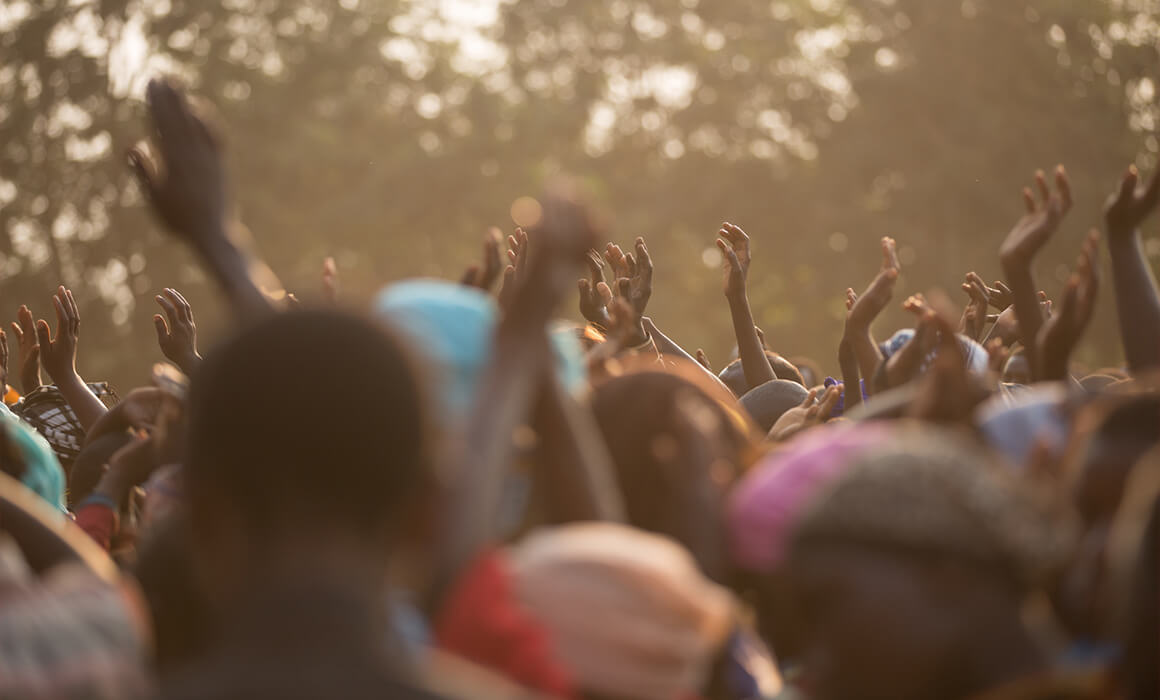admin2021-05-11T15:29:13+00:00
Ultimately, these pieces of paper change no-one’s life unless coupled with two further steps: first, those that ensure victims legal representation in order to gain the Right to Remain and the Right to Work in their country of destination, if this is what they seek, plus the resources to make it possible. Second, good and readily available resettlement provisions are essential, covering housing, education and training, and, above all help towards social integration into local communities. These steps need to be taken together if we care sufficiently about the people involved who are human beings and not statistics, which is why PASS and GALA are working together (the original meaning of synergy).
The Pontifical Academy of Social Sciences (PASS) has been active in its opposition to Human Trafficking, as a Crime against Humanity, in response to Pope Francis’s concern, expressed from the start of his Pontificate. We have held Workshops, Seminars and Plenary meetings since 2013, focussing on the different constituencies involved: Bishops, Chiefs of Police, INGOs, Religious Leaders, Youth, Mayors of big cities and Judges. We devoted our Plenary meeting of 2015 to Human Trafficking: Issues beyond Criminalization and established the website www.endslavery.va
The core of our Recommendations was Resettlement not Repatriation. Our greatest public success was the inclusion of the elimination of Human Trafficking in the UN Sustainable Development Goals (Target 8.7), and the official adoption of these goals came shortly after Pope Francis’s speech to the General Assembly, on 25 September 2015.
Margaret S. Archer (PASS) and Jami Solli (GALA)


Leave a Reply